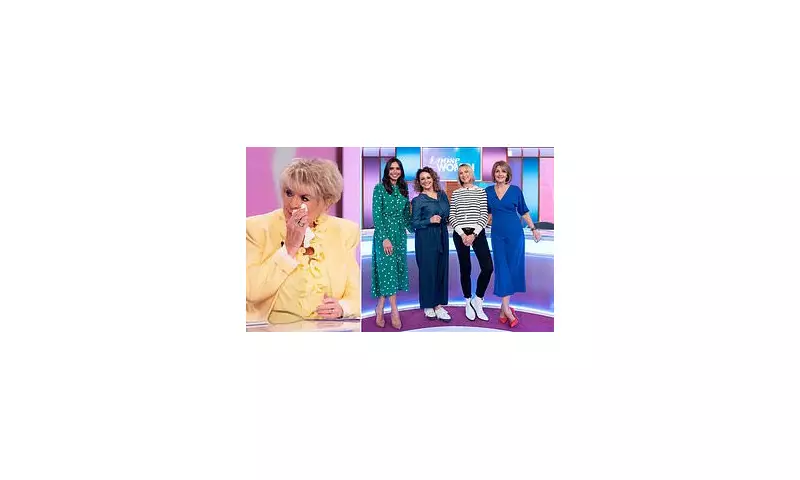
Veteran broadcaster Gloria Hunniford has broken her silence about the future of ITV's beloved daytime lineup amid growing speculation about significant cuts to the channel's schedule.
The 84-year-old television icon, a mainstay on Loose Women for decades, provided a crucial update during a candid conversation with fans, addressing concerns that have left viewers worried about their favourite programmes.
Behind the Scenes of ITV's Strategic Shake-Up
Hunniford revealed that while changes are indeed coming to ITV's daytime output, the situation isn't as dramatic as some reports have suggested. "There are always discussions about programming," she explained, "but we're not packing our bags just yet."
The broadcasting legend acknowledged that television networks must constantly evolve to meet changing audience demands, particularly in the competitive streaming era. However, she emphasised the enduring appeal of live, topical discussion shows that connect directly with viewers.
What This Means for Daytime Favourites
While specific details about which shows might be affected remain under wraps, industry insiders suggest ITV is considering:
- Format refreshes for established programmes
- Potential schedule adjustments
- New digital content initiatives
- Budget reallocations to high-performing shows
Hunniford's reassurance comes as a relief to loyal fans who have followed her career from Radio 2 through to her current role as one of British television's most trusted faces.
The Changing Landscape of British Television
The entertainment industry has faced significant challenges in recent years, with traditional broadcasters navigating the shift to streaming services and changing viewing habits. ITV's contemplation of daytime cuts reflects this broader industry transformation.
Hunniford's perspective carries particular weight, given her five decades in broadcasting and understanding of how television has continuously adapted to survive and thrive.
As one of the most experienced presenters on British television, her insights provide valuable context for understanding how established programmes might evolve to meet contemporary audience expectations while maintaining their core appeal.





